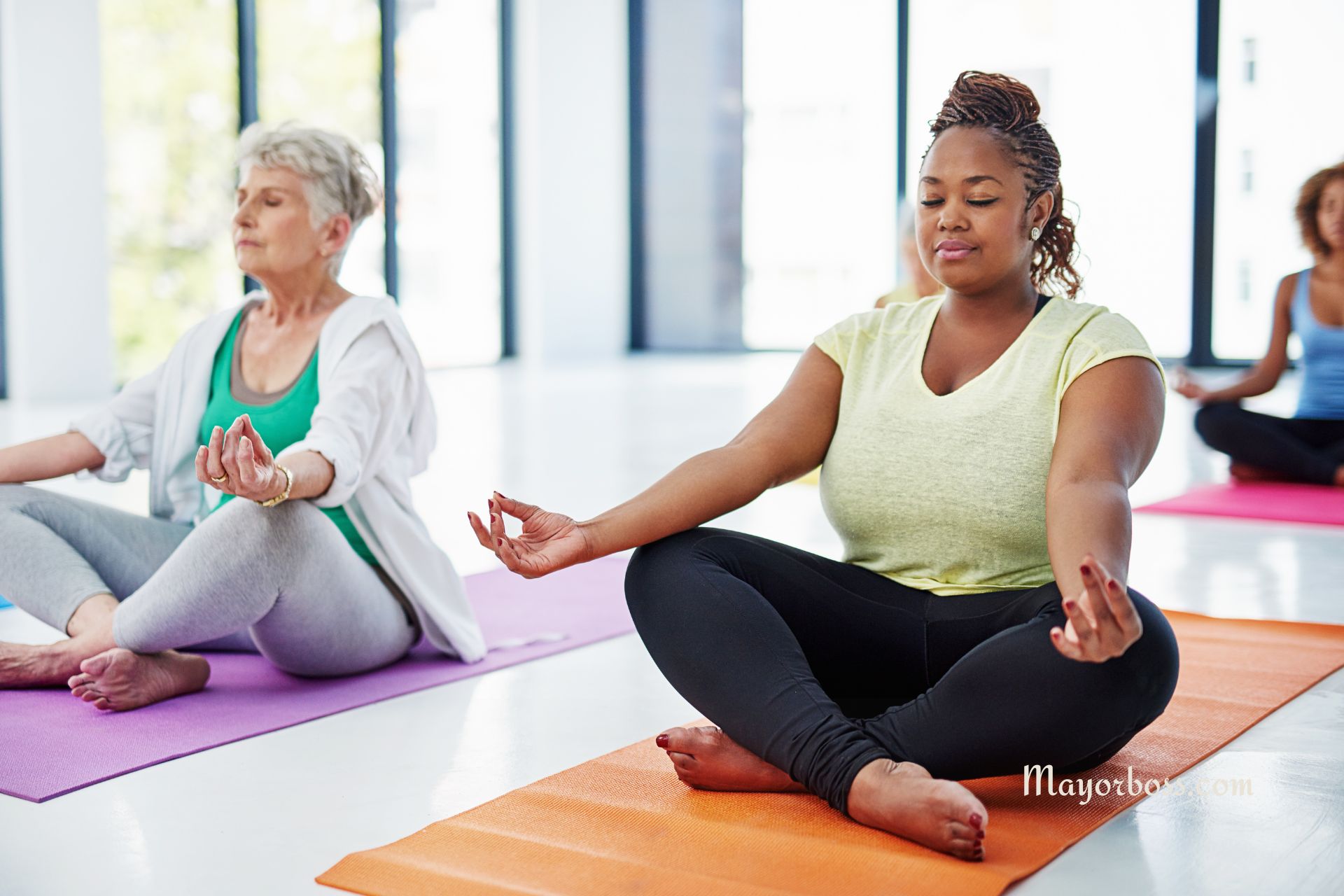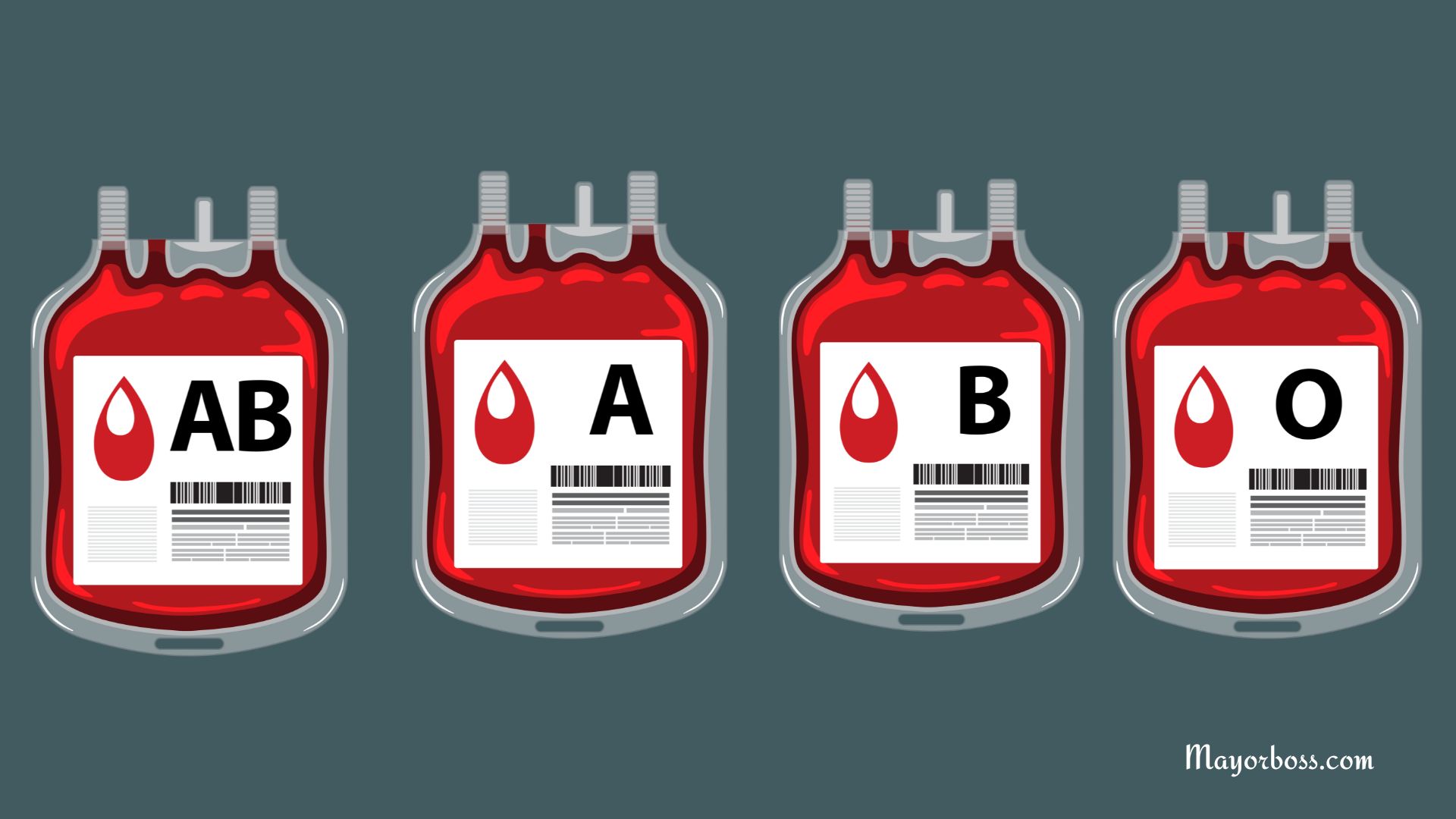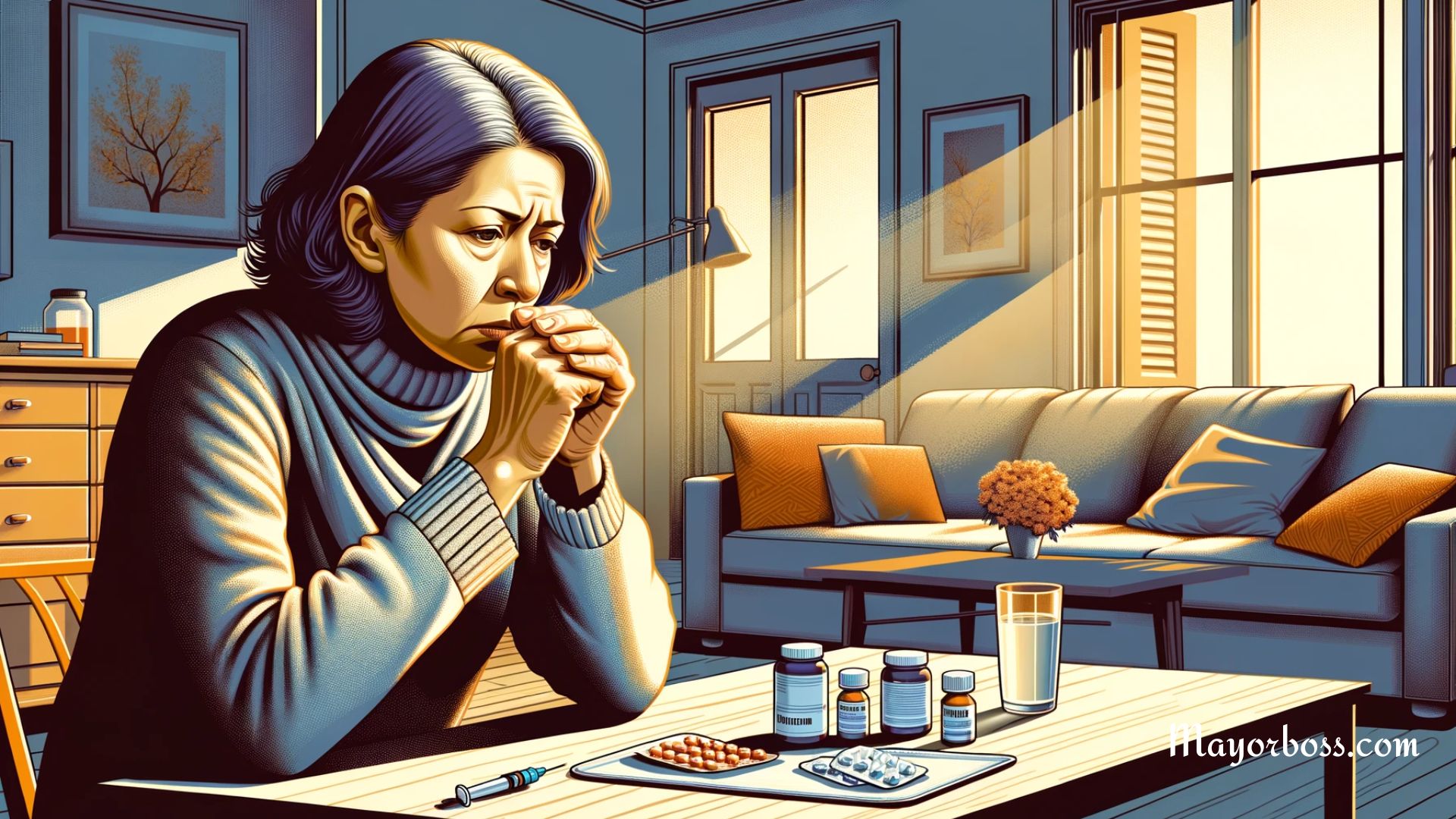Why Does the Sun Make You So Tired? Here’s What’s Happening to Your Body
Have you ever wondered why a day at the beach, a picnic in the park, or just a brief stroll under the sunny sky can leave you feeling wiped out? Well, you’re not alone in feeling that sun-induced sleepiness. It’s not just about the warm weather; there’s a lot going on inside your body when you’re out under the sun that can make you feel tired.

It’s Not Just the Heat That Wears You Out
When you’re out in the sun, especially during those hot summer days, your body has to work overtime to keep cool. Your heart rate increases and your body starts to sweat to regulate your temperature. This process is a lot of work and can quickly deplete your energy reserves, making you feel tired.
But there’s more to it than just the temperature. The sun affects your body in several ways that all contribute to that feeling of exhaustion.
Your Body’s Response to Sunlight
One of the primary reasons the sun makes you so tired is due to the direct impact of sunlight on your brain. When sunlight hits your eyes, it affects your brain’s regulation of serotonin and melatonin. These two hormones play significant roles in your sleep-wake cycle. Serotonin boosts your mood and alertness during the day, but when it gets dark, it converts into melatonin, which makes you sleepy. On sunny days, your body produces more serotonin, and later, as night falls, the increased melatonin production can make you feel more tired than usual.
The Role of UV Radiation
Exposure to ultraviolet (UV) radiation is another factor. UV rays can be harmful, causing not just sunburn but also triggering a defensive response in your body. Your immune system will step in to repair any damage caused by UV rays, and this process requires energy—energy that could otherwise be used to keep you active.
Hydration and Energy Levels
Also, don’t overlook the role of hydration. When you’re out in the sun, you sweat, and if you’re not replacing those fluids, you can become dehydrated. Even mild dehydration can make you feel tired, less alert, and more sluggish. So, if you’re planning a day out in the sun, make sure to drink plenty of water, even if you don’t feel thirsty.
The Impact of Low Blood Pressure
Another reason the sun might make you feel tired is low blood pressure, which can occur from prolonged exposure to high temperatures. When it’s hot outside, your blood vessels dilate (expand) to help release heat and cool your body. This dilation can lower your blood pressure, and if it drops too much, you might feel dizzy or lethargic. If you’ve ever stood up quickly on a hot day and felt a bit woozy, that’s likely due to a sudden drop in blood pressure exacerbated by the heat.
Nutrient Depletion Plays a Role Too
Spending extended time in the sun can also lead to nutrient depletion, particularly if you sweat a lot. Key minerals like potassium and sodium are lost through sweat, and these electrolytes are crucial for muscle function and energy levels. When these minerals drop too low, it can result in muscle cramps, fatigue, and general weakness. This is why replenishing your electrolytes during and after sun exposure is so important, especially if you’re active outdoors.
How Can You Counteract Sun-Induced Fatigue?
Here are a few tips to help you enjoy the sun without feeling like you need a nap every five minutes:
- Stay Hydrated: As mentioned, keep your fluid intake up. Water is your best bet, but if you’re active, consider drinks with electrolytes to replace salts lost through sweating.
- Eat Balanced Meals: Include foods rich in potassium, such as bananas, potatoes, and spinach, and sodium in moderate amounts to help replenish electrolytes lost through sweat.
- Use Sun Protection: Wear sunscreen, hats, and protective clothing. Not only will this help prevent skin damage, but it’ll also reduce the amount of energy your body spends fighting off UV radiation effects.
- Take Breaks in the Shade: Give your body a chance to cool down and escape the intense sunlight periodically.
- Stay Hydrated with Electrolyte Solutions: If you’re sweating a lot, water alone might not be enough. Consider electrolyte-enhanced beverages, but be cautious of those high in sugar.
- Listen to Your Body: If you’re feeling tired, take it as a sign that your body needs a break. Sit down, grab a drink, and maybe even catch a quick nap in the shade.
Sunlight has tremendous benefits, including vitamin D production and improved mood, but it’s essential to manage your exposure and take care of your body. A little bit of planning and precaution can make your sunny days enjoyable and energizing instead of exhausting.
FAQs
1. Can wearing sunglasses help reduce sun-induced tiredness?
Absolutely! Sunglasses help protect your eyes from UV rays and reduce glare, which can help regulate the hormones that influence your sleep-wake cycle.
2. Why do I feel more tired during the summer even though I spend the same amount of time outdoors?
During the summer, the intensity of the sun’s rays is greater, which means your body has to work harder to sustain a safe internal temperature. This can lead to quicker depletion of your energy reserves.
3. Is it normal to feel disoriented or extremely fatigued after a day in the sun?
While it’s common to feel tired, extreme fatigue or disorientation can be signs of heatstroke or severe dehydration. If you experience these symptoms, seek shade and hydration immediately, and consider consulting a healthcare professional if symptoms persist.
Enjoy your time in the sun wisely and listen to what your body needs, ensuring that you can soak up the benefits without burnout.






